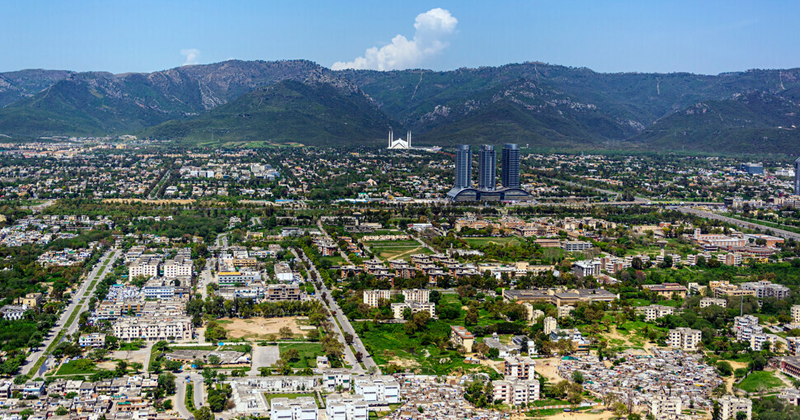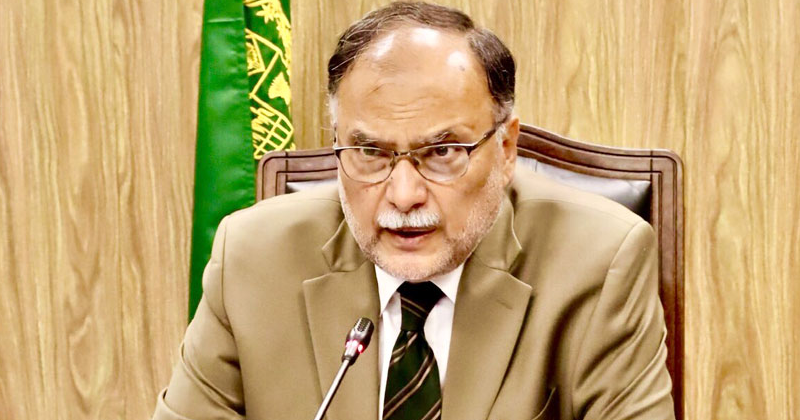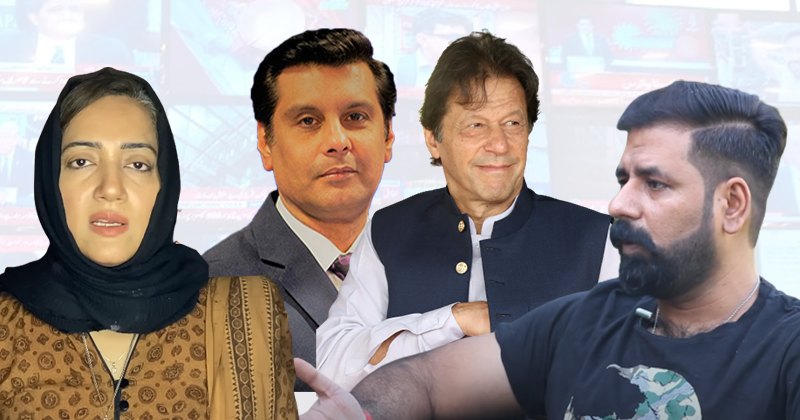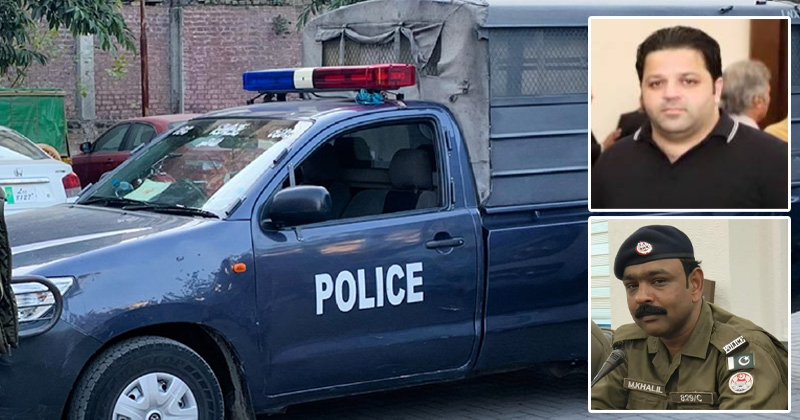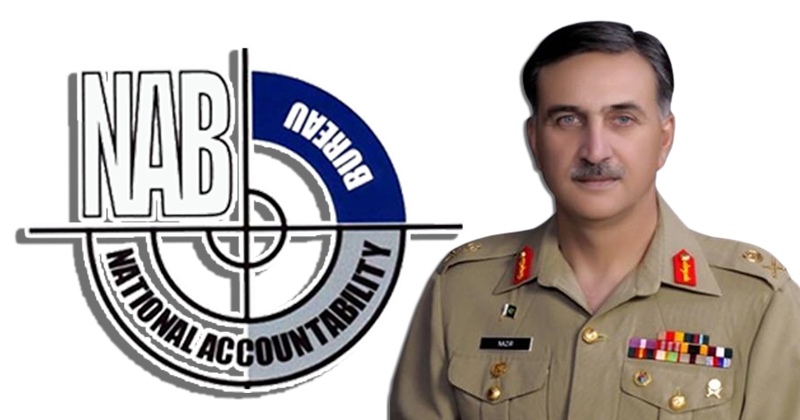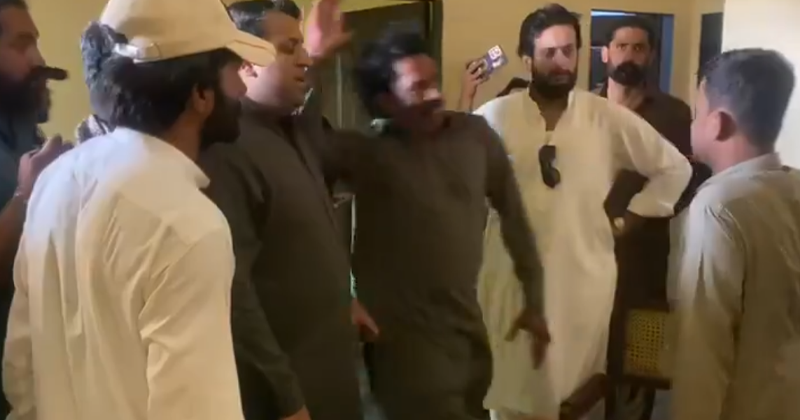You are using an out of date browser. It may not display this or other websites correctly.
You should upgrade or use an alternative browser.
You should upgrade or use an alternative browser.
Mother
If life is like a big desert,
Mother is like a big tree in this desert,
where there is tree there is water,
where there is water there is life,
where there is life there is happiness,
where there is happiness there is mother.
If a place where there is no mother is
like a desert,
then in this desert there is no water,
where there is no water there is no life,
where there is no life there is no
happiness,
where there is no happiness there is no
mother.
If life is like a big desert,
Mother is like a big tree in this desert,
where there is tree there is water,
where there is water there is life,
where there is life there is happiness,
where there is happiness there is mother.
If a place where there is no mother is
like a desert,
then in this desert there is no water,
where there is no water there is no life,
where there is no life there is no
happiness,
where there is no happiness there is no
mother.
sarbakaf
Siasat.pk - Blogger
Nice article but just on thing which is confusing me
in second para it says ...HAZRAT ISA A.S KE WALDEEYAT KA RAAZ SIRAF KHUDA JANTA HAI .....YA HAZRAT MARYUM JANTI HAIN and in the end of same para it says OR ES RAAZ KO MAKHFI RAKHNAY KAY LIAY SAAB KO MAAN KAY NAAM SAY PUKARA JAI GA.....
where does it says something like that in hadith ? or quran ?
AS FAR AS I know and what muslim belief is that esa a.s had a miraculous birth and he was born with out father. ...
so what is author trying to say in those starting lines i am not sure or may be i could not understand it ...
in second para it says ...HAZRAT ISA A.S KE WALDEEYAT KA RAAZ SIRAF KHUDA JANTA HAI .....YA HAZRAT MARYUM JANTI HAIN and in the end of same para it says OR ES RAAZ KO MAKHFI RAKHNAY KAY LIAY SAAB KO MAAN KAY NAAM SAY PUKARA JAI GA.....
where does it says something like that in hadith ? or quran ?
AS FAR AS I know and what muslim belief is that esa a.s had a miraculous birth and he was born with out father. ...
so what is author trying to say in those starting lines i am not sure or may be i could not understand it ...
Afsr
MPA (400+ posts)
Nice article but just on thing which is confusing me
in second para it says ...HAZRAT ISA A.S KE WALDEEYAT KA RAAZ SIRAF KHUDA JANTA HAI .....YA HAZRAT MARYUM JANTI HAIN and in the end of same para it says OR ES RAAZ KO MAKHFI RAKHNAY KAY LIAY SAAB KO MAAN KAY NAAM SAY PUKARA JAI GA.....
where does it says something like that in hadith ? or quran ?
AS FAR AS I know and what muslim belief is that esa a.s had a miraculous birth and he was born with out father. ...
so what is author trying to say in those starting lines i am not sure or may be i could not understand it ...
People will be called on the Day of Resurrection by their fathers’ names, not their mothers’
Is it true that on the on the Day of Resurrection Allaah will call the people by their names and the names of their mothers, and what is the response to those who say that? Is there any shar’i evidence?.
Praise be to Allaah.
The idea that people will be called by their mothers’ names is mistaken and goes against that which is proven in the saheeh Sunnah which indicates that they will be attributed to their fathers. In his Saheeh, al-Bukhaari included a chapter entitled “Chapter: The people will be called by their father’s names, in which he quoted hadeeth no. 6177 from Ibn ‘Umar (may Allaah be pleased with him), that the Prophet (peace and blessings of Allaah be upon him) said: “A banner will be raised for the betrayer on the Day of Resurrection and it will be said: This is the betrayer of So and so the son of So and so.”
This hadeeth was also narrated by Muslim (1735).
That which was narrated saying that people will be called by their mothers’ names is da’eef (weak).
Ibn al-Qayyim (may Allaah have mercy on him) said in Tuhfat al-Mawdood bi Ahkaam al-Mawlood (p. 147):
Chapter Ten: Mankind will be called on the Day of Resurrection by their fathers’ names and not by their mothers’. This is the correct view which is indicated by the saheeh Sunnah and was stated by the imams such as al-Bukhaari and others. He said in his Saheeh: The people will be called on the Day of Resurrection by their fathers’ names and not by their mothers’. Then he quoted in this chapter the hadeeth of Ibn ‘Umar who said: The Messenger of Allaah (peace and blessings of Allaah be upon him) said: “When Allaah gathers the first and the last on the Day of Resurrection, Allaah will raise for every betrayer a banner on the Day of Resurrection and it will be said: This is the betrayer of So and so the son of So and so.”
In Sunan Abi Dawood (4948) it is narrated with a jayyid isnaad from Abu’l-Darda’ that he said: The Messenger of Allaah (peace and blessings of Allaah be upon him) said: “You will be called on the Day of Resurrection by your names and the names of your fathers, so choose good names for yourselves.”
Some people claimed that they will be called by their mothers’ names and they quoted as evidence for that a hadeeth which is not sound. This appears in Mu’jam al-Tabaraani in the hadeeth of Abu Umaamah from the Prophet (peace and blessings of Allaah be upon him): “When one of your brothers dies and you have levelled the dirt over his grave, let one of you stand at the head of his grave and say: O So and so son of So and so [his mother’s name], for he can hear him but cannot reply. Then let him say: O So and so son of So and so [his mother’s name], and he will say: Tell us, may Allaah have mercy on you.” And in this hadeeth it says that a man said: O Messenger of Allaah, what if his mother’s name is not known? He said: Then let him be attributed to his mother Hawwa’ (Eve), O So and so son of Hawwa’.”
al-Haythami said (3/163): Its isnaad includes a number of people whom I do not know. End quote.
It says in Kashf al-Khifa’ (2/375): It was classed as da’eef (weak) by Ibn al-Salaah, then by al-Nawawi, Ibn al-Qayyim, al-‘Iraaqi, Ibn Hajar in some of his books and by others.
They said: Moreover, a man may not know for sure who his father is, such as one who is disowned in a case of li’aan or an illegitimate child, so how can he be called by his father’s name?
The answer is: The hadeeth is weak according to the consensus of scholars of hadeeth. As for the one whose his father is not known, he will be called as he was called in this world, so a person will be called in the Hereafter as he was called in this world, whether he was called by his father’s name or his mother’s. And Allaah knows best. End quote.
Note:
Some of them interpreted the verse (interpretation of the meaning): “(And remember) the Day when We shall call together all human beings with their (respective) Imam [their Prophets, or their records of good and bad deeds, or their Holy Books like the Qur’aan, the Tawraat (Torah), the Injeel (Gospel), or the leaders whom the people followed in this world]” [al-Isra’ 17:71] as referring to this weak meaning. See al-Qurtubi (10/257).
Al-Zamakhshari said: One of the weird ideas mentioned in tafseer is the idea that the word “imam” is the plural of the word “umm” (mother) and that the people will be called on the Day of Resurrection by their mothers’ names, and that the reason why they will be called by their mothers’ names instead of their fathers’ is out of respect for the rights of ‘Eesa (peace be upon him) and to show the honourable descent of al-Hasan and al-Husayn on their mother’s side, and so that illegitimate children will not be embarrassed. How strange these notions are. End quote. Al-Kashshaaf 2/682.
And Allaah knows best.
http://www.islam-qa.com/en/ref/87556
angryoldman
Minister (2k+ posts)
Maa ki mohabbat


Maan ki yaad
[video=youtube;qNmpysMC1IU]http://www.youtube.com/watch?v=0G60gf2zTJE&feature=related[/URL] http://www.youtube.com/watch?v=qNmpysMC1IU&feature=email[/video]
[video=youtube;qNmpysMC1IU]http://www.youtube.com/watch?v=0G60gf2zTJE&feature=related[/URL] http://www.youtube.com/watch?v=qNmpysMC1IU&feature=email[/video]
casper_iam
MPA (400+ posts)
(Exclusive) Punjabi Maa Ki Shan
casper_iam
MPA (400+ posts)
Re: (Exclusive) Punjabi Maa Ki Shan
Must listen full
Must listen full
Proudmuslim
MPA (400+ posts)
Re: Who can stop tears while listening this!
nice i did not cry but it was a touchy..
nice i did not cry but it was a touchy..
adnan78692
MPA (400+ posts)
Maa'n Jee K Naam...






Noumaan Ahmad Chishti
Citizen
Pyari maa ...!!!
Ye Kamiyabian Izzat Ye Naam Tum Se Hai
Khuda Ne Jo Bhi Dia Hai Maqam Tum Se Hai
Tumhare Dam Se Hain Mere Lahoo Mein Khilte Gulab
Mere Wujood Ka Sara Nizam Tum Se Hai
Kahan Bisat-E-Jahan Aur Main Kam Sin-O- Nadan
Ye Meri Jeet Ka Sab Ehtemam Tum Se Hai
Jahan Jahan Hai Meri Dushmani Sabab Main Hoon
Jahan Jahan Hai Mera Ehteram Tum Se Hai...!
by @noumaan12
Ye Kamiyabian Izzat Ye Naam Tum Se Hai
Khuda Ne Jo Bhi Dia Hai Maqam Tum Se Hai
Tumhare Dam Se Hain Mere Lahoo Mein Khilte Gulab
Mere Wujood Ka Sara Nizam Tum Se Hai
Kahan Bisat-E-Jahan Aur Main Kam Sin-O- Nadan
Ye Meri Jeet Ka Sab Ehtemam Tum Se Hai
Jahan Jahan Hai Meri Dushmani Sabab Main Hoon
Jahan Jahan Hai Mera Ehteram Tum Se Hai...!
by @noumaan12



















